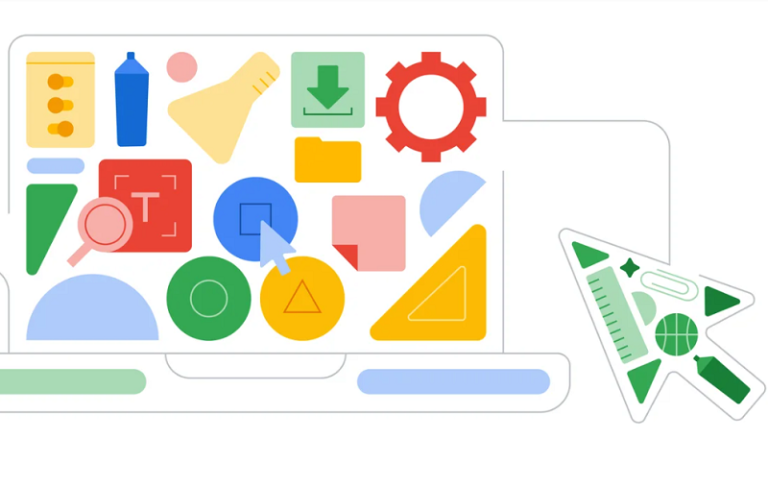Google Education is getting more that 30 updates that should help teachers and students in education. The updates mainly apply to the integration of AI features in Classroom, as well as Workspace. In addition, accessibility to Google Education solutions is being improved.
Most of the updates Google is releasing for the Education suite apply to the Classroom solution. For example, educators will be able to assign YouTube videos to students and use AI to ask questions about them.
In addition, it will be possible to turn data collected using Google Forms into so-called practice sets. Practice sets are AI-generated assignments that were introduced back in 2022.
Two other new features for Classroom are content management tools. The new Resources tab in the Classroom interface allows teachers to manage AI-developed exercises and other learning materials.
Workspace additions and accessibility
Additions to the Workspace solution within Google Education include a built-in electronic signing tool. This should make contract processing easier.
Furthermore, the new features also focus on accessibility. Google Meet within Education, ChromeOS and the Chrome browser is especially addressed. Meet now makes it possible to generate subtitles in 30 new languages. It also becomes possible to pin video tiles to the interface during presentations.
In ChromeOS, the built-in screen reader can now extract text from PDF files using OCR technology. This text can also be read aloud. Also, the Reading Mode of the Chrome browser gets this text-to-speech functionality.
New marketplace AppHub
Third-party integrations have also been improved. For this purpose, the tech giant is going to open a marketplace later this year called App Hub. In App Hub, third-party providers can post add-ons and integrations for third-party applications. The add-ons in this Google marketplace are aimed at different use cases, such as creating virtual whiteboards and educational programming concepts.
Furthermore, the updates have also added several features for better security control. For example, sensitive configurations can be modified only after permission from a main administrator.
New Chromebooks
Finally, Google is also presenting its own range of 15 new Chromebooks for its Education portfolio. Six of these latest models are so-called Advanced Use models. Among other things, these models offer better specifications than standard Chromebooks and can therefore be better used for hardware-intensive tasks such as coding and using AI.
Also read: Google introduces generative AI in Search, but not yet inside the EU




















